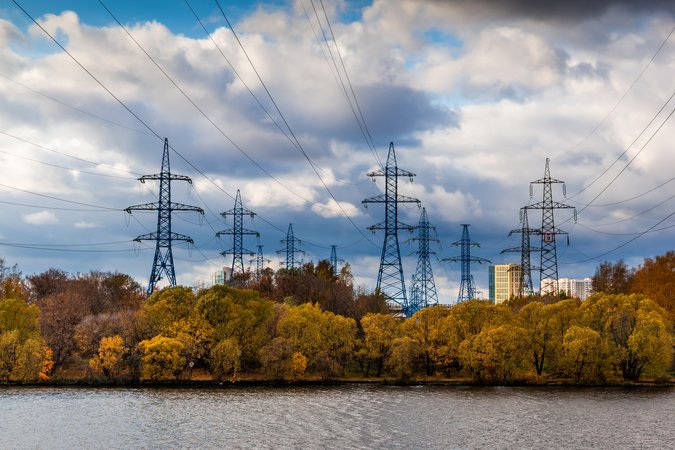Do Lower Electricity Storage Costs Reduce Greenhouse Gas Emissions?
The literature has disagreed on the role of storage in reducing emissions. In this paper we present a stylized model, which suggests that the effect of storage costs on emissions depends on the supply responsiveness of both fossil and renewable generators.
Abstract
In the electricity sector, innovation in large-scale storage is anticipated to reduce costs and improve performance. The effect on greenhouse gas emissions of lower storage costs depends on the interactions between storage and the entire grid. The literature has disagreed on the role of storage in reducing emissions. In this paper we present a stylized model, which suggests that the effect of storage costs on emissions depends on the supply responsiveness of both fossil and renewable generators. Under common conditions in the United States, lower storage costs are more likely to reduce emissions when wind investment responds to equilibrium electricity prices and when solar investment does not. Simulations of a computational model of grid investment and operation confirm these intuitions. Moreover, because of its effect on coal and natural gas–fired supply responsiveness, introducing a carbon dioxide emissions price may increase the likelihood that lower storage costs reduce emissions.





